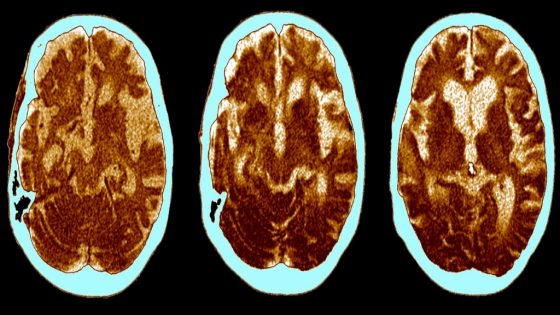Parkinson’s disease is a complex neurological disorder that has traditionally been linked to brain damage due to reduced dopamine levels. However, a groundbreaking study published on 2025-06-28 reveals that this debilitating condition may also have origins in the kidneys. Researchers from Wuhan University in China have discovered that the alpha-synuclein (α-Syn) protein, known for its role in Parkinson’s, can accumulate in the kidneys before affecting brain function.
- Parkinson's may start in the kidneys.
- Alpha-synuclein clumps disrupt brain function.
- Kidney protein buildup linked to Parkinson's.
- Mice studies support kidney's role in disease.
- Blood α-Syn reduction may protect brain.
- Research suggests multiple disease triggers.
This study highlights a significant connection between kidney health and neurological disorders. The researchers found abnormal α-Syn clumps in kidney tissues of individuals with Parkinson’s and chronic kidney disease, suggesting that these misfolded proteins might travel from the kidneys to the brain, potentially triggering the disease.
This raises an important question: Could kidney health be a crucial factor in preventing or managing Parkinson’s disease? The findings suggest that monitoring kidney function might be essential for early intervention. Consider these recommendations:
- Stay hydrated to support kidney function.
- Maintain a balanced diet rich in antioxidants.
- Regularly monitor kidney health, especially if at risk for neurological disorders.
- Consult healthcare providers about any signs of kidney issues.
As research continues to unveil the complexities of Parkinson’s disease, it’s crucial to stay informed and proactive about kidney health. This could be a vital step toward better management and potentially preventing the onset of neurological disorders.

















![[Adobe Stock]](https://news.faharas.net/wp-content/uploads/2025/07/Ketogenic-Diet-Boosts-Brain-Blood-Flow-by-22-and-BDNF-230x129.jpg)















